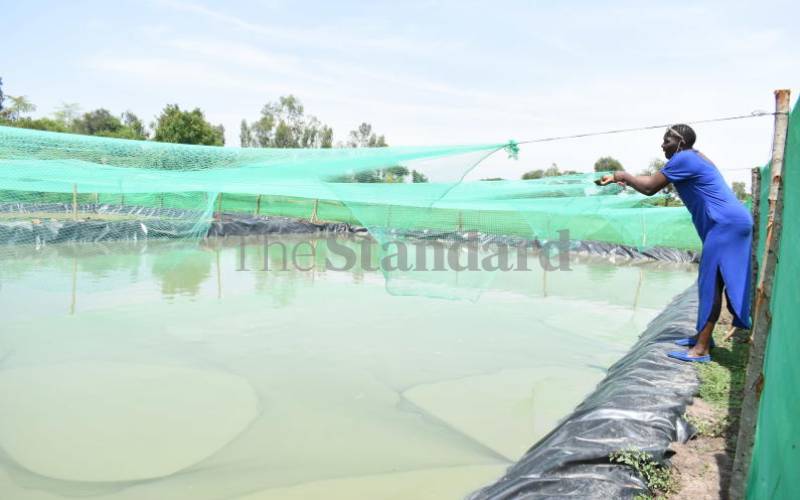×
The Standard e-Paper
Fearless, Trusted News

In 2015, Ester Adhiambo lost her husband of 16 years. She was left to care for their three children.
With no formal job, Adhiambo, a resident of Pala in Karachuonyo, Homa Bay County, had to strategise to provide the basic needs for the children.